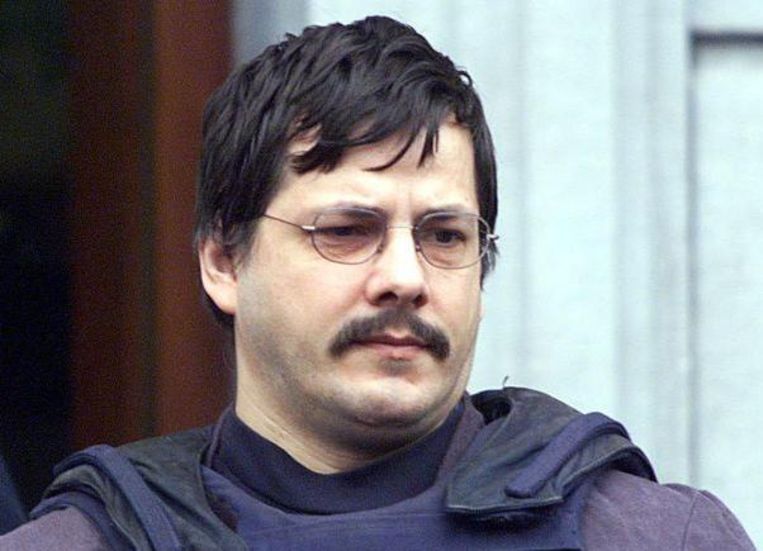A Brussels court will hold a closed-door meeting on Thursday in order to assess a conditional liberation request from Marc Dutroux, a serial paedophile who was serving life in prison.
The hearing will centre around the creation of a committee of experts capable of establishing a detailed profile of the prisoner's mental state and of assessing whether he is at risk of recidivism.
Brussels' criminal enforcement court (TAP/SURB) will meet in the prison of Nivelles, where Dutroux is being held, in order for the convicted killer to appear at the meeting, according to RTBF.
Dutroux was sentenced to life imprisonment in 2004 for abducting six girls aged between 8 and 19, and holding them in his cellar, where he repeatedly raped and tortured them.
He murdered his two oldest victims, 17-year-old An Marchal and 19-year-old Eefje Lambrecks. Two others, Julie Lejeune and Melissa Russo, both eight, died of starvation in his cellar.
Survivors Sabine Dardenne and Laetitia Delhez, aged 12 and 14 respectively at the time, were rescued by police after Dutroux and his accomplices were arrested.
Related News
- Accomplice of serial child killer Doutroux granted conditional release
- 'Black march' to denounce conditional release of serial child killer Dutroux's accomplice
Dutroux has been eligible for conditional release since 2013, but his series of crimes deeply scarred Belgium, with the prospect of his or his accomplices' release in the past leading to public outcry.
A court decision in September to grant conditional freedom to Michel Lelièvre, one of Dutroux's main accomplices, sparked fierce opposition and has seen calls for a massive "White March" to protest the decision.
Dutroux's lawyers, who are preparing the conditional liberation request, have denounced the conditions in which their client is being held, with one of his attorneys, Bruno Dayez, has called it "scandalous" that he has been left to "rot" for half a century in prison, according to Le Soir.
Despite wide opposition to news of her client's conditional release, Lelièvre's lawyer said it was a "pragmatic choice," since allowing him to serve out his full sentence "opened the door to no follow-ups upon release."
The prospect of Dutroux's liberation, which his lawyers expect to obtain by 2021, will be dependent on the conclusions reached by the committee of experts on Thursday.
Gabriela Galindo
The Brussels Times

